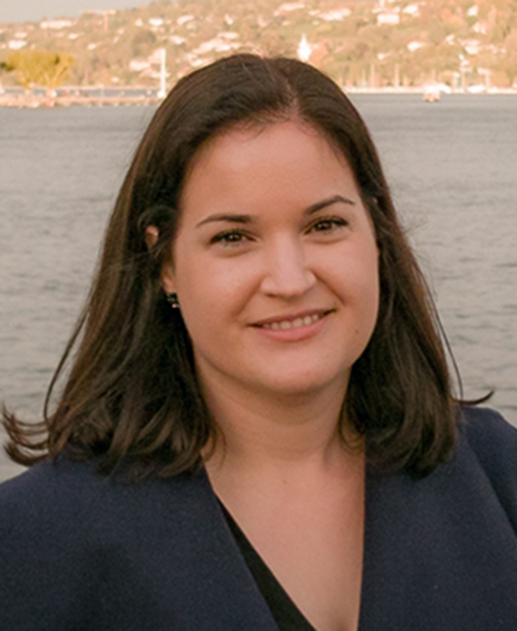Please note that the disputation will be streamed and some of the seats behind the candidate will be visible for those who are watching.
Participate at the disputation here
Digital version of the thesis can be ordered by e-mail to: k.h.paulsen@jus.uio.no
Trial lecture - time and place
Adjudication committee
- Postdoctoral Fellow Astrid Iversen, Inland Norway University of Applied Sciences (leader)
- Professor Michael Waibel, University of Vienna (1. opponent)
- Adjunct Professor Valentina Vadi, University of Florence (2. opponent)
Chair of defence
Vice Dean Vibeke Blaker Strand
Supervisors
- Professor Freya Baetens
- Professor Mads Andenæs
- Associate Professor Johann Ruben Leiss
Summary
What international law are trade and investment adjudicators authorised to apply?
The question of what law an international tribunal is authorised to apply in settling disputes has important consequences for the functioning of the international dispute settlement and international law, more generally. International law is fragmented between specialised regimes, yet the boundaries of those regimes are blurry and indistinct. How adjudicators treat disputes that intersect different legal regimes impacts the legitimacy of the tribunal. A tension often arises between State consent to international law and the coherency and consistency of international law as a legal system. The thesis considers where consent to the limited jurisdiction of international tribunals comes into conflict with a unified and defragmented international legal system, namely the application of international law beyond the four corners of the treaty conferring jurisdiction on the tribunal.
The thesis analyses the interplay between international economic law and “other international law” in the reasoning of the dispute settlement mechanisms of the World Trade Organization (WTO) and international investment law. Over 800 decisions of both the WTO and investor-state dispute adjudicators are analysed in the thesis to understand the approach of these adjudication mechanisms that are both currently facing legitimacy crises and reform efforts. The regimes are also two unique dispute settlement systems that could approach the openness of the regime’s applicable law in vastly different ways, based on the divergent text of their constitutive treaties.
Does dispute settlement system design matter?
The WTO dispute settlement mechanism is often regarded as more restrictive when it comes to application of law not contained within the trade agreements than its more “flexible” investor-state counterparts. Yet, the thesis illustrates the extent of the irrelevance of the design of dispute settlement mechanisms in relation to the application of other international law. The assumption that the WTO dispute settlement mechanism is more restrictive only extends to the initial process of integrating other international law, namely the parties bringing forward relevant other law. Due to more comprehensive agreements and more limited applicable law, less decisions of the WTO dispute settlement mechanism are faced with questions of other international law. However, once such law is before the WTO panel or Appellate Body, there is little difference from the approach of investor-state tribunals in how such other international law is included or excluded as well as the role that such law plays in the resolution of the dispute.
How do the adjudicators approach other international law?
The thesis examined three legal avenues through which the WTO and investor-state adjudicators could bring in other international law into the economic dispute: applicable law, general principles of law and systemic integration. But rather than providing coherent and predictable outcomes on the application of non-economic law, these provisions are themselves blurry. WTO and investor-state adjudicators then end up “consistently inconsistent” in their approach to these legal avenues and the application of other international law. Adjudicators find themselves on different sides of the aisle depending on what they perceive as their judicial role within the international legal system. The conclusion of the thesis illustrates that adjudicators acting alone cannot provide the legal process for the universalisation and systemisation of international law.
